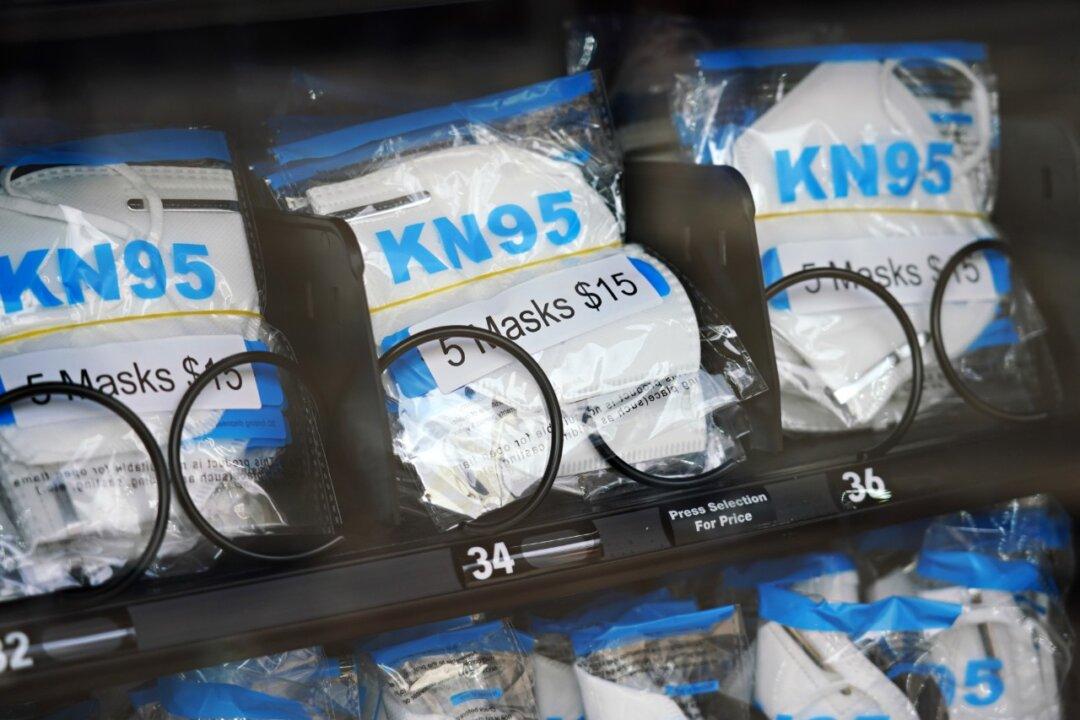A Chinese mask-maker was charged on June 17 for exporting to the United States more than 140,000 defective masks that were marketed as KN95 respirators, the latest case targeting companies allegedly selling faulty medical gear amid the pandemic.
Federal prosecutors alleged China-based Crawford Technology Group (Hong Kong) Co. sold masks to a U.S. distributor claiming to meet standards filtering 95 percent of small particles. The masks were purported to be KN95 respirators. Such masks, which have a similar filtration standard to N95 respirators, are used by health care workers.





